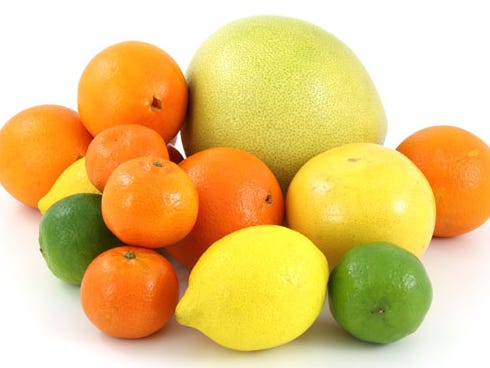
Not every fruit tree will grow and reliably produce fruit in our area.
Most fruits grown in northern Florida are deciduous, which means the trees shed their leaves during winter and go into a period of dormancy or rest.
During this rest, the tree must be exposed to chilling temperatures. This exposure to cold prepares the plant to resume active growth in spring.
Temperatures below 45 degrees Fahrenheit accumulated throughout the winter determine the total hours of chilling. Species differ in the amount of chilling they need to completely rest and resume growth; this is known as a plant's chilling requirement. Lack of sufficient chill hours will result in sparse foliage, few to no flowers and poor fruit production.
Our area receives between 400 to 650 hours of temperatures below 45 degrees Fahrenheit during the average winter. This provides enough chill hours for certain apple cultivars such as Anna, Ein Shemer, Dorsett Golden and Tropic Sweet.
However, it does not provide the chill hours required for many of the more common varieties such as Red Delicious and Golden Delicious.
This same environmental factor holds true for most deciduous fruit trees. Some of the better known peach varieties, such as Elberta, perform poorly here. Most, if not all, of our winters will not provide the chill hours they require. There are peach varieties that perform okay in our area.
Even when the correct variety is selected, many fruit enthusiasts are disappointed to see insects eating their fruit, diseases causing their fruit to rot or possibly all their fruit falling to the ground before it’s ready to be eaten.
It is wise to do your homework before purchasing and planting just any old fruit tree in North Florida.
HOW IT'S DONE
To be successful producing fruit in northern Florida, ask these questions before planting:
•Which varieties grow well here?
•How much care is needed to grow this type of fruit?
•Do I have time to devote to pruning, spraying, fertilizing and watering?
If you don’t know the answers to these questions, talk to a knowledgeable employee at a local nursery, contact your county University of Florida/Institute of Food and Agricultural Sciences Extension Office or visit http://edis.ifas.ufl.edu/TOPIC_Fruit_and_Nuts before planting fruit trees.
Larry Williams is an agent at the Okaloosa County Extension office in Crestview.
This article originally appeared on Crestview News Bulletin: EXTENSION CONNECTION: Do homework before planting fruit trees
